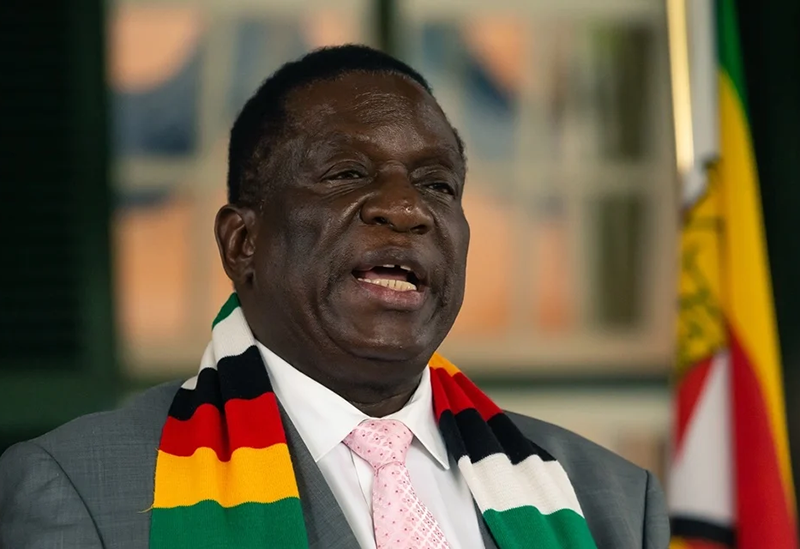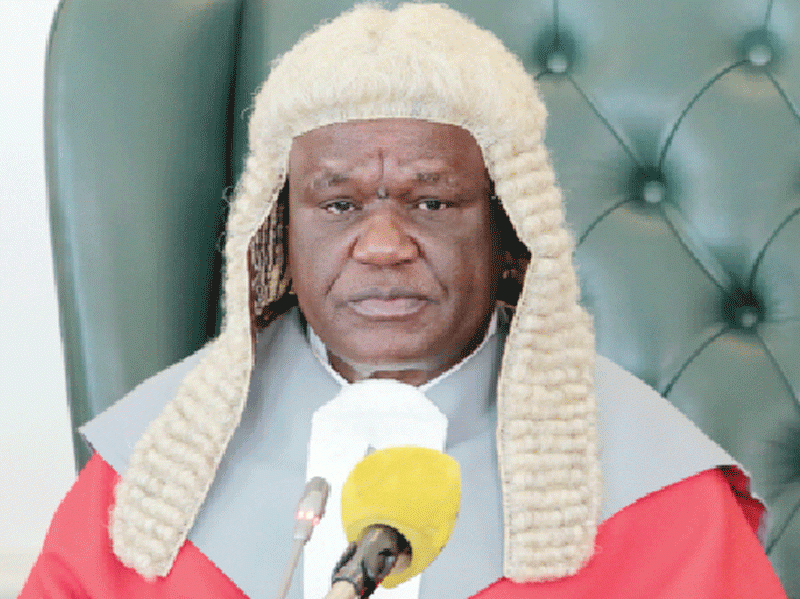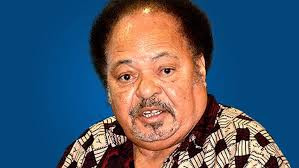
President Emmerson Mnangagwa has done further damage to his legacy by signing the controversial Private Voluntary Organisations (PVO) Amendment Bill into law and would be remembered as an authoritarian just like his predecessor Robert Mugabe.
The new law that was gazetted on Friday amended five major pieces of legislation that included the PVO Act, the Money Laundering and Proceeds of Crime Act and the Criminal Law (Codification and Reform) Act.
Critics say the PVO Act amendments give authorities extensive power to monitor and control the operations of private voluntary organisations, including the ability to scrutinise their ownership structures, funding sources and affiliations.
The law is so bad that last year four United Nations rapporteurs on human rights had to write to Mnangagwa urging him to refrain from signing the then bill into law as they described it as an assault on democratic principles.
In a letter to the Zanu PF leader, the rapporteurs said they had communicated their “grave concerns over the severe penalties imposed by the Amendment Bill, including imprisonment for non-compliance with the minister’s prescription” on how non-governmental organisations must run their affairs.
“Although the new Bill includes relevant clarifications regarding the prohibitions of political partisanship for PVOs and reduces fines, it remains very problematic that it maintains the general prohibition, including the criminal offence of supporting or opposing any political party or candidate in any election, among others.”
Zanu PF, the sponsors of the new law, have never hidden the fact that they want it to be used against their opponents in order to gain an advantage on the political playing field.
The ruling party, which is accused of running down Zimbabwe’s economy and using unorthodox means to remain in power, accuses NGOs of funding the opposition.
- Environmental justice: Think big, start small
- News in depth: Slain Moreblessing Ali’s family fears cover-up as children are forced into hiding
- Airports Company strikes mega hotel deal
- In Full – Zimbabwe 42nd Independence Day speech by President Mnangagwa, April 18, 2022
Keep Reading
However, the truth is that NGOs have in the past 45 years provided a lifeline for Zimbabwe’s poorest who often struggle to get government support in times of hunger and disease outbreaks.
NGOs provide support to the poor to access education, health and other social services, which the government has consistently failed to deliver. It is false to say NGOs exist in Zimbabwe to influence the country’s politics.
Now that Mnangagwa has signed the PVO Amendment Bill into law we should expect many international well-wishers to start withholding money meant for Zimbabwe’s NGOs. This will result in many organisations ceasing their operations and throwing their employees onto the streets.
The catastrophe is not just about the poor losing their livelihoods, but the economy will take a serious knock as well as the money that flowed into NGOs also found its way into Treasury’s coffers.
Mnangagwa has proven to many doubting Thomases that he is not a disciple of democratic principles by introducing a law that would make the former Rhodesian leader Ian Smith green with envy.









